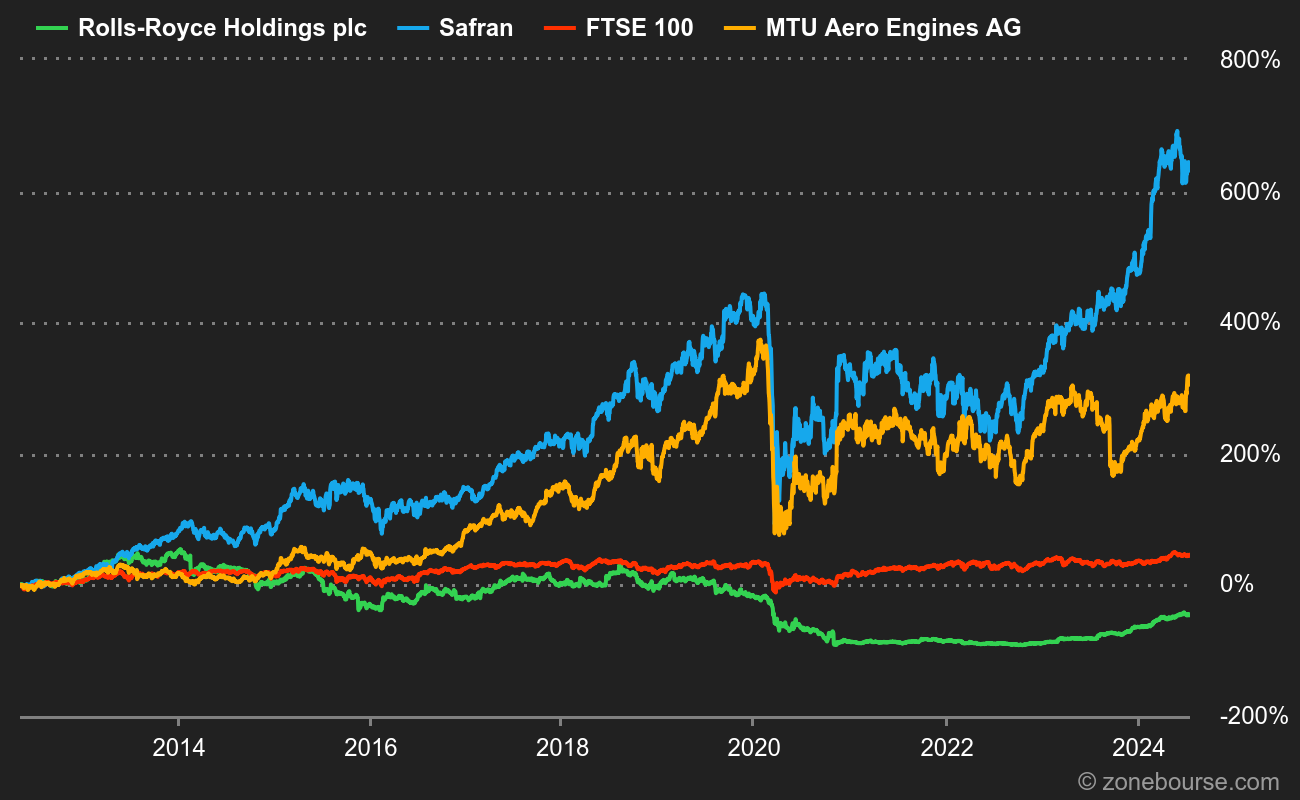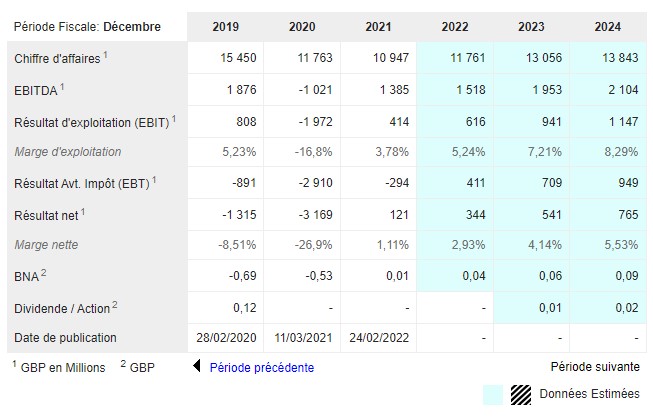Rolls-Royce is a venerable British company created in 1906 in Manchester and nationalized in 1971 to avoid industrial and financial bankruptcy. Until 1973 the group produced cars (Rolls-Royce and Bentley) and aircraft engines. This is where it gets harder. Following the nationalization, the automobile branch, Rolls-Royce Motors, becomes private. It will be recovered by Vickers (which is now part of BAE Systems), who wants to resell it in 1998. During the process, Volkswagen gives priority to BMW, a natural contender producing the engines of Rolls-Royce and Bentley at the time. BUT the Rolls-Royce brand itself is owned by Rolls-Royce Plc, the aerospace division, which licenses the rights to… BMW.
A Rolls-Royce with its famous radiator cap
Basically, Volkswagen has taken over the production tool and the patents like that of the “Spirit of Ectasy” radiator cap and the emblematic radiator grilles, but is not allowed to put the Rolls-Royce name on its vehicles. BMW, for its part, is the brand owner and supplier of the engine. After intense negotiations, a compromise is found: Volkswagen recovers Bentley and BMW Rolls-Royce. The two German manufacturers continue to market large luxury vehicles on their own. BMW sold 5,586 Rolls-Royces in 2021 and Volkswagen 14,659 Bentleys.
A multi-sector engine manufacturer
End of the car parenthesis because large luxury vehicles, we don’t care a bit now: on the London Stock Exchange, Rolls-Royce Holdings Plc is listed. The group, totally independent for fifty years therefore of the automotive business, operates mainly in aeronautics, defense and industry. With extremely sensitive divisions from a strategic point of view, from the motorization of combat jets to that of the Royal Navy’s nuclear submarines. That didn’t prevent a simply awful stock market performance. The title has lost nine-tenths of its value in ten years. Over the past two years, it has offered a pitiful -70%, while the London FTSE 100 index has gained 30%.

Ten years of Safran / Rolls-Royce / MTU Aero Engines / FTSE 100
Because beyond military activities, Rolls-Royce is above all considered as a supplier of reactors for civil aviation. The group is a major player in this market. But unlike a Safran, its management has left something to be desired and the company has long been perceived as a big consumer of cash. Over the past decade, it has suffered several setbacks.
- First, lower financial performance than other players in the sector, which led to a sad record of 5 profit warnings in less than two years between 2014 and 2016.
- Then, material setbacks on the generation of Trent 1000 engines.
- But also its overexposure to jumbo jets, while aircraft manufacturers’ order books were filling up with single-aisle aircraft. The golden age of four-engined vehicles is over. The Trent engines equipping the A380 and the A340 or the RB211 of the B747 are in decline with the end of production of these aircraft. Rolls-Royce, on the other hand, is well positioned on the A330neo, the A350 or the B787 and on several military programs.
- Finally, a balance sheet weakened by two years of massive consumption of cash, impact of the pandemic on the commercial air sector obliges.

Golden Share and restructuring
The restructuring launched by management before the pandemic episode has been reinforced by the upheavals experienced by the sector since. Ambitious cost reduction targets have been put forward and disposals have been made, such as that of ITP Aero to Bain Capital. But it will take time to restore the bond of trust with investors, burned by ten years of disappointment. Oh, one last thing: if Her Majesty’s government does not appear in the capital, it still has a “Golden Share”. It is an action that gives him a leonine privilege, in particular a right of veto “on inappropriate takeovers“, to use the vocabulary of British parliamentarians. A poison pill which greatly limits the possibilities of seeing Rolls-Royce being taken over, except by a compatriot… which has not prevented the file from recording some speculative episodes even recently It is true that in the event of an internal (reorganization) and external (aeronautical market) upturn, it has a few arguments to make.
“Fallait pas l’invite” identifies companies that are going through a complicated period on the stock market. You never know, they could recover! Latest articles in the section:
